Agoraphobia and Hormones: Understanding the Connection
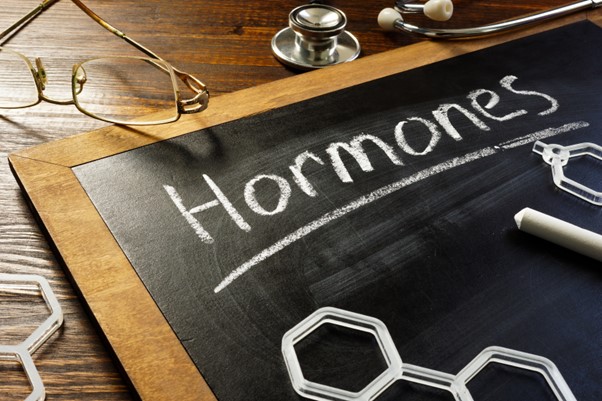
Agoraphobia and Hormones: Understanding the Connection
Agoraphobia is an anxiety disorder where individuals fear and avoid places or situations that might cause them to panic or feel trapped. While environmental and psychological factors significantly contribute to this condition, recent research has also highlighted the role of hormones.
The Role of Stress Hormones
1. Adrenaline and Cortisol
When an individual with agoraphobia faces a feared situation, the body’s “fight or flight” response is activated. This response involves the release of adrenaline and cortisol, stress hormones that prepare the body to respond to danger. Adrenaline increases heart rate and breathing, while cortisol elevates blood sugar and suppresses non-essential functions, reinforcing the fear and avoidance behavior. Over time, the chronic release of these hormones can lead to heightened sensitivity to stress, perpetuating the cycle of anxiety and avoidance [2].
2. Hypothalamic-Pituitary-Adrenal (HPA) Axis
The HPA axis is a central part of the body’s response to stress. In individuals with anxiety disorders, including agoraphobia, the HPA axis can become hyperactive, leading to elevated levels of cortisol. This persistent state of high cortisol can affect brain function, particularly in areas involved in mood regulation and fear responses, such as the amygdala and hippocampus. The dysfunction of the HPA axis thus perpetuates anxiety symptoms and can make it harder for individuals to cope with stress [6].
Thyroid Hormones and Anxiety
Thyroid hormones, such as thyroxine (T4) and triiodothyronine (T3), play a crucial role in regulating metabolism, energy levels, and mood. Imbalances in these hormones can contribute to anxiety disorders. Hyperthyroidism, characterized by excessive thyroid hormone levels, can lead to symptoms such as increased heart rate, sweating, and nervousness, which can mimic or exacerbate panic attacks. Conversely, hypothyroidism, or low thyroid hormone levels, can also impact mood, leading to symptoms of depression and anxiety [3].
Sex Hormones and Agoraphobia
1. FSH and LH
Follicle-stimulating hormone (FSH) and luteinizing hormone (LH) are key regulators of the reproductive system. These hormones influence the production of sex steroids, such as estrogen and progesterone, which can affect mood and anxiety levels. For instance, fluctuations in estrogen and progesterone levels during the menstrual cycle can lead to premenstrual syndrome (PMS) or premenstrual dysphoric disorder (PMDD), conditions associated with increased anxiety and mood swings. Women with agoraphobia may find that their anxiety symptoms worsen during certain phases of their menstrual cycle due to these hormonal changes [1].
2. Menstrual Cycle and Hormonal Fluctuations
The menstrual cycle involves significant hormonal fluctuations that can impact mental health. During the luteal phase, which occurs after ovulation and before menstruation, progesterone levels rise. This increase in progesterone, along with a drop in estrogen, can lead to mood instability and heightened anxiety. Women with anxiety disorders, including agoraphobia, may be particularly sensitive to these hormonal changes, experiencing more severe symptoms during this time [1].
Implications for Treatment
Understanding the hormonal influences on agoraphobia can lead to more effective treatment strategies. Potential interventions include:
- Hormone Replacement Therapy (HRT): For women experiencing severe hormonal fluctuations, HRT can help stabilize hormone levels and alleviate anxiety symptoms associated with the menstrual cycle.
- Medications Targeting the HPA Axis: Drugs that modulate the HPA axis, such as cortisol blockers, may help reduce the impact of chronic stress on anxiety symptoms.
- Thyroid Treatments: For individuals with thyroid imbalances, appropriate treatment to normalize thyroid hormone levels can help mitigate anxiety symptoms.
- Cognitive-Behavioral Therapy (CBT): CBT remains a cornerstone in managing agoraphobia. It helps individuals develop coping strategies to manage their anxiety and address the thoughts and behaviors that contribute to their condition.
Conclusion
Agoraphobia is a complex disorder influenced by a variety of factors, including hormonal imbalances. Recognizing the role of stress, thyroid, and sex hormones in this condition can enhance our understanding and treatment of agoraphobia, offering hope for those affected by this challenging anxiety disorder.
🌐 Sources
- ncbi.nlm.nih.gov – Hypothalamic-pituitary-gonadal axis hormones and cortisol
- ncbi.nlm.nih.gov – Neuroendocrine interactions of the stress and reproductive
- frontiersin.org – Chronic Stress and Ovulatory Dysfunction: Implications in
- my.clevelandclinic.org – Hypothalamic Amenorrhea: Causes, Symptoms & Treatment
- mdpi.com – Hypothalamus and Post-Traumatic Stress Disorder
- frontiersin.org – The Hypothalamic-Pituitary-Adrenal Axis: Development
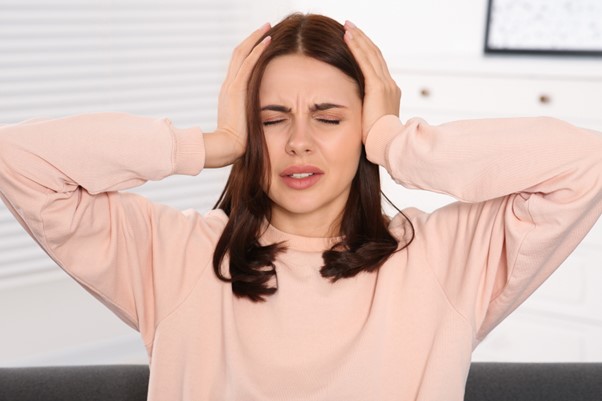
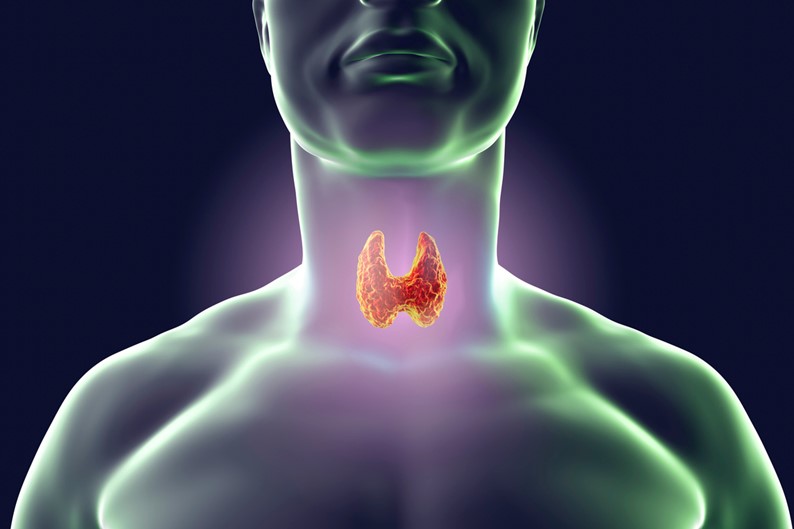

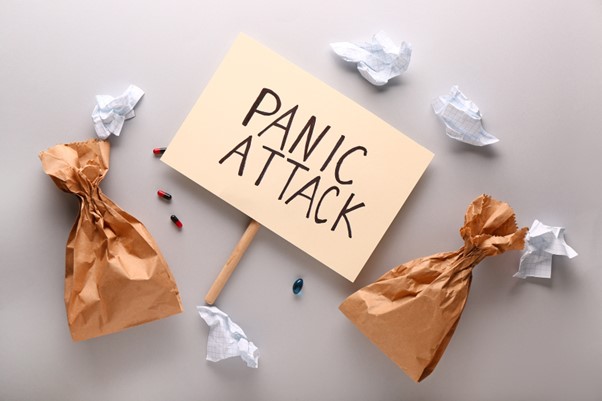
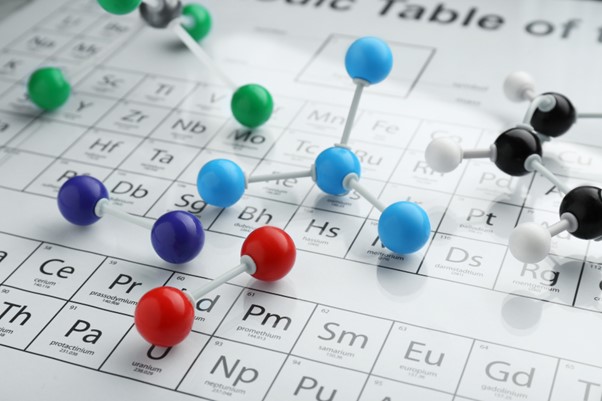



Responses